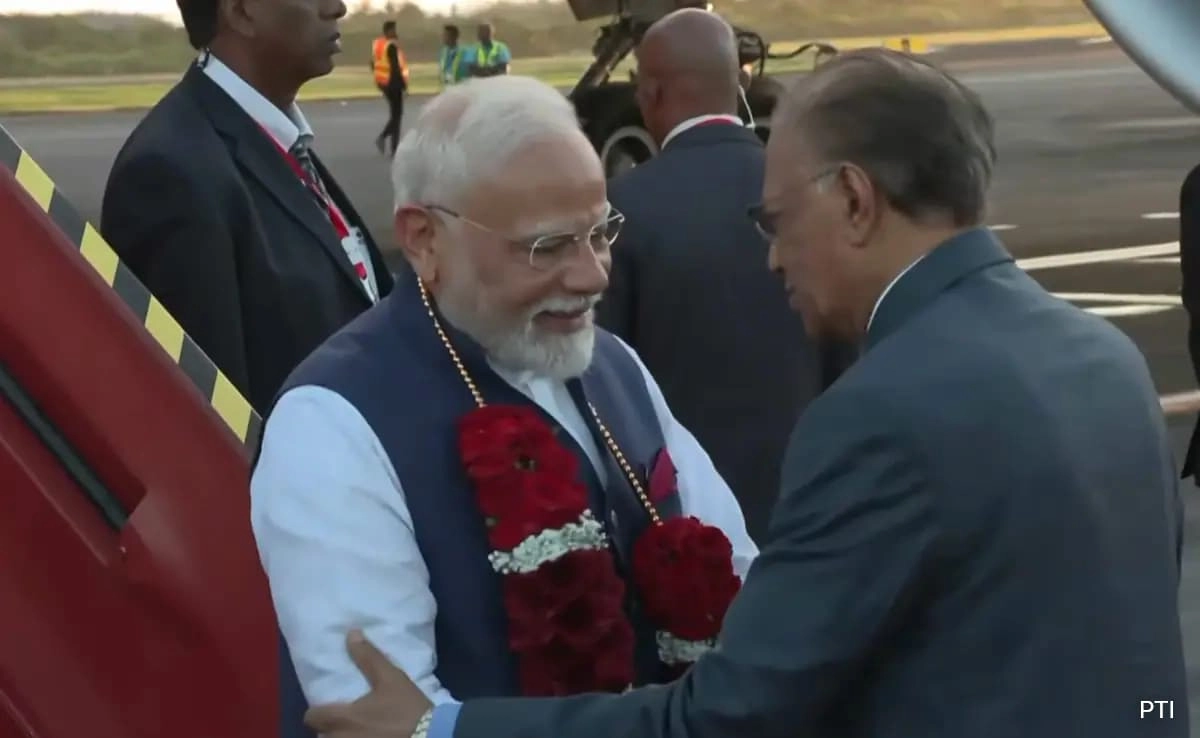Recent investigations have raised alarming questions regarding the integrity of Brazilian birth records, suggesting that they may have been tampered with by foreign entities, specifically the Russian spy agency, the SVR. This revelation points to a potential operation that dates back over three decades. The implications of such actions are profound, as they not only challenge the authenticity of vital civil documentation but also highlight the lengths to which foreign intelligence agencies might go to manipulate or undermine sovereign nations.
The allegations stem from an extensive analysis of records and testimonies that reveal inconsistencies in the documentation of certain individuals born in Brazil. Experts suggest that the SVR, historically known for its covert operations and espionage tactics, may have sought to create false identities or bolster the cover of agents operating within or outside Brazil. This kind of operation could serve multiple purposes, from facilitating the movement of agents undetected to engaging in illicit activities under the guise of legitimate citizens.
Moreover, the potential impact of such a breach extends beyond the immediate concerns of identity fraud. It raises significant questions about national security and the reliability of government records. If foreign powers can infiltrate and manipulate civil documentation, it poses a risk to the integrity of the state and its ability to protect its citizens. As Brazil grapples with these revelations, the government may need to undertake a comprehensive review of its record-keeping practices and establish more stringent controls to prevent future incursions.
As investigations continue, the story serves as a stark reminder of the ongoing global struggle between nations, where information warfare and espionage tactics are becoming increasingly sophisticated. The possibility that a nation-state could orchestrate a long-term scheme to alter another country’s birth records underscores the need for vigilance and enhanced security measures in the realm of personal identification and civil documentation. The ramifications of this incident could resonate for years, prompting discussions on international relations, cybersecurity, and the ethical dimensions of espionage in the modern age.




